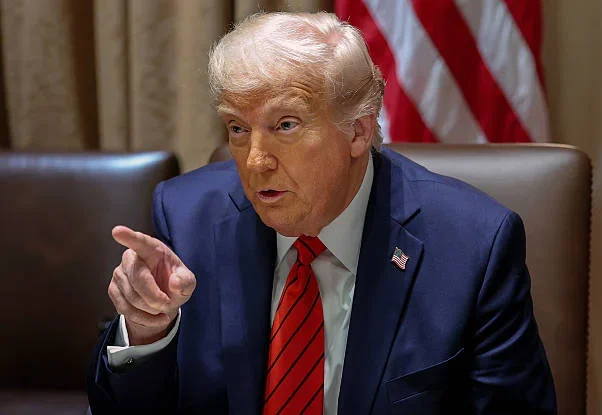President Trump has posted another online rant about deportations
A controversial statement regarding the deportation of immigrants by Donald Trump seems to violate his presidential oath and undermine the Constitution.
Despite the president’s tough immigration stance, he continues to remove non-U.S. citizens from the country. He has turned to an antiquated wartime law called The Alien Enemies Act of 1798 to accomplish this. During World War II, this law was used to justify internment camps despite not being invoked for decades.
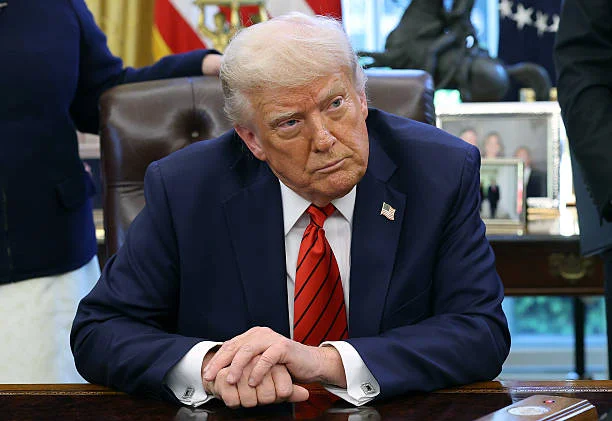
The Supreme Court granted Trump permission earlier this month to use this legislation to advance his deportation agenda. As a result of this ruling, migrants who are accused of crimes – such as involvement with gangs such as Tren de Aragua or MS-13 – can be deported without any court hearings or due process.
The implications for countless individuals and families are profound as Trump pushes forward with his immigration policies. People wonder what this means for their future in the United States as they navigate an increasingly hostile system.
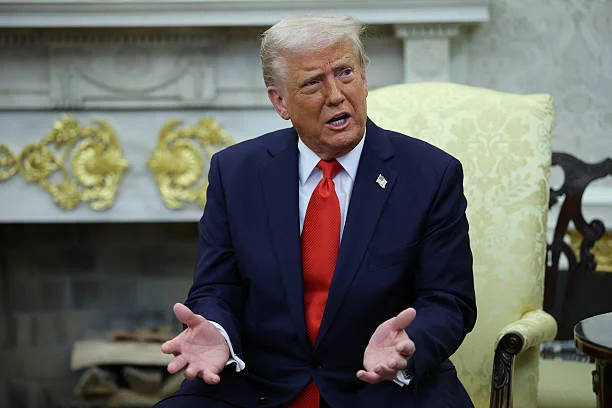
However, the justices emphasized the importance of allowing deported individuals to contest their removal. Everyone deserves a chance to defend themselves and present their case. Justice requires people to have a voice in decisions that significantly affect their lives.
The President of the United States appears to be ignoring a significant warning and even hinting at actions that could undermine the Constitution.
Trump said on his Truth Social platform, “If we don’t get these criminals out of our Country, we won’t have a Country any longer.” According to him, it would take an impossible 200 years to hold the hundreds of thousands of trials necessary to remove the undocumented immigrants he wants to remove from the country if he gave everyone a trial.
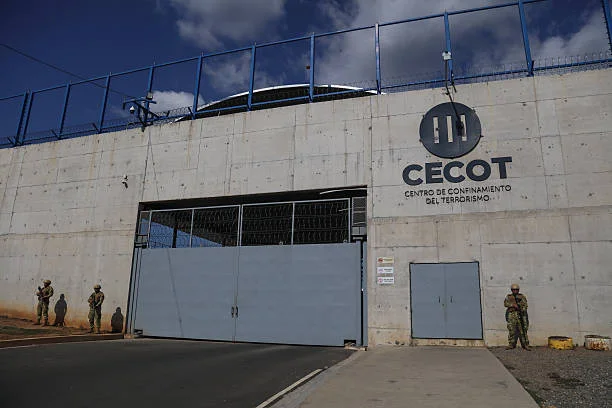
There is a serious conflict between this perspective and the constitutional right to due process. According to the National Constitution Center, the Fourteenth Amendment guarantees individuals certain legal protections, including proper notice and a hearing before significant legal action is taken against them. Moreover, it prohibits states from denying anyone their life, liberty, or property without due process.
Platform experts like Reddit have pointed out that Trump’s assertions disregard these constitutional rights. Article II, Section 1 of the Constitution states that he is required to “preserve, protect, and defend the Constitution of the United States,” and such statements clearly violate that duty. It raises critical questions about respecting constitutional protections and the implications of ignoring them when discussing immigration and justice issues.
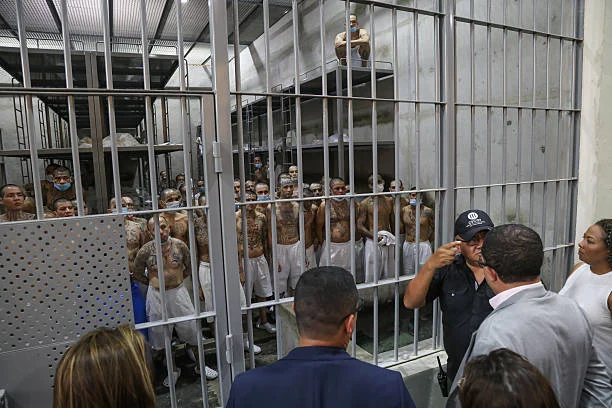
Many individuals have already been sent back to El Salvador’s notorious mega jail, CECOT, without facing any legal obstacles. Concerns have been raised about this alarming situation, with some arguing that allowing a president to disregard constitutional rights would undermine the very principles of American governance. According to a thread on law, former President Trump should face impeachment and removal from office.
Despite these severe warnings, Trump took to social media to vent his frustration with the U.S. legal system. According to his post, he feels the courts are blocking his attempts to remove criminals from the country. Though my team is doing a fantastic job, they face obstacles at every turn, even from the Supreme Court, which I greatly respect. “It seems like they don’t want me to return violent criminals and terrorists to Venezuela or anywhere else—they came here illegally!”
The president went on to claim that “the courts are under the influence of the Radical Left, who are manipulating the system.” He supported Justice Samuel Alito’s call to lift the deportation freeze, saying, “He is absolutely right about this!”
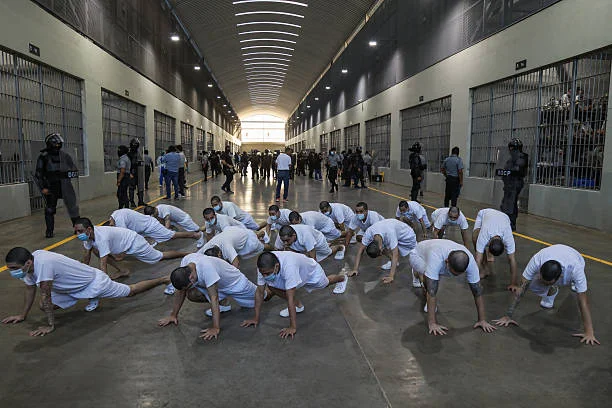
Then he concluded, “What an absurd situation we find ourselves in. Let’s make America great again!”
Around 261 individuals linked to gang activities have been transferred to the notorious CECOT jail without facing legal challenges, despite attempts by a lower court to halt their deportation. Immigration policy intersects with constitutional rights, raising questions about the legality and fairness of enforcement.
